The widow gave all she had
In Mark’s Gospel (12:38-44) today we hear of the contrast between the scribes and the widow and their offerings at the temple.
In her reflection, Anne tells us the scribes were well-educated men, who took the best seats at banquets and in the synagogue and flaunted their wealth.
The widow’s offering is a key point of our story today. Jesus’ instruction is not based on what others see and think, or even what the donors think about themselves but rather on God’s viewpoint. When we give, it is a matter associated with our relationship with God. This poor widow is following Jesus’ example of self-surrender, giving God all she had so as to draw closer to him.
Jesus noted all the others contributed out of their surplus but she, out of her poverty, gave everything she had.
The contrast between the rich donors and the widow is immense. The widow is a radical example of Christian stewardship, which abandons itself completely to God’s will. The widow, in her desire to be one with God, expressed her love for him by giving her all.
Anne asks ‘Can you see how this teaching goes far beyond a monetary measurement of giving?’
In this story, we hear of the difficulties of widows in the time of Jesus, there are similar stories now. At least one million widows in the developing world live in poverty. For many women becoming a widow does not just mean the heartache of losing their husband but often losing everything else.
Anne asks us to reflect on the need for generous and selfless charity and for compassion toward the poor, lonely and needy as we pray:
Lord, help us to foster compassion for one another. So many people in our world are crying out to you, worn down by injustice and suffering. Help us to build up your kingdom of justice, peace and love. We ask this prayer through Christ our Lord. Amen.

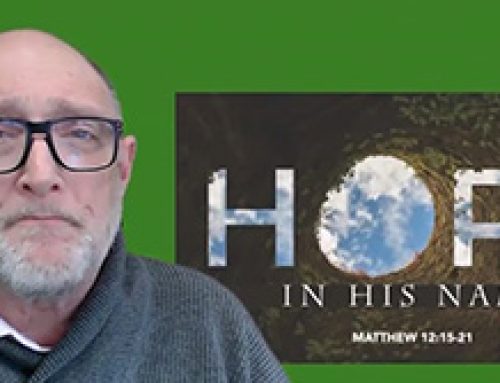
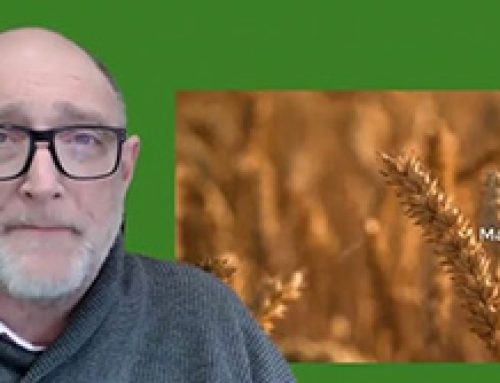
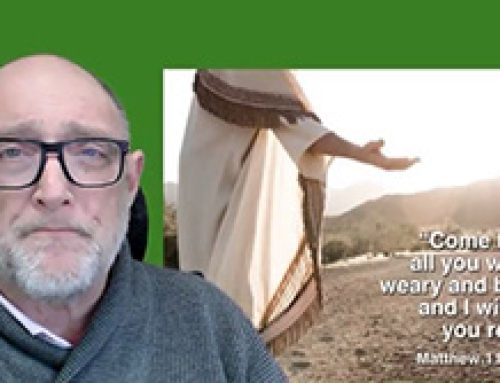
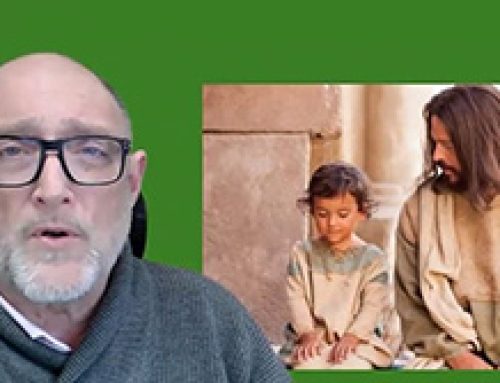
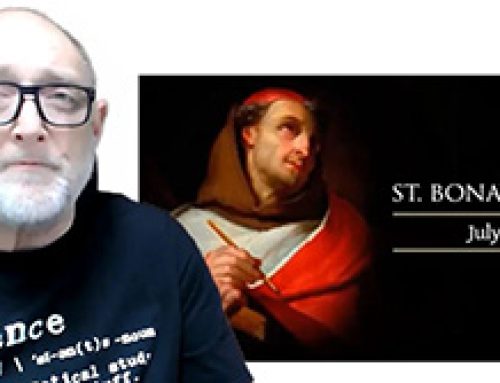
Leave A Comment